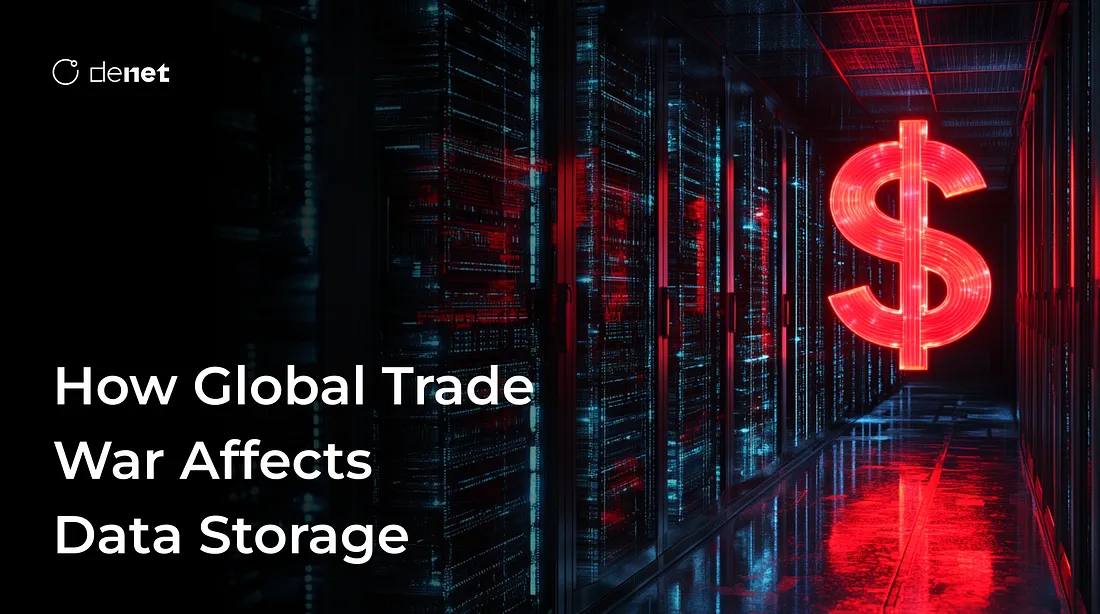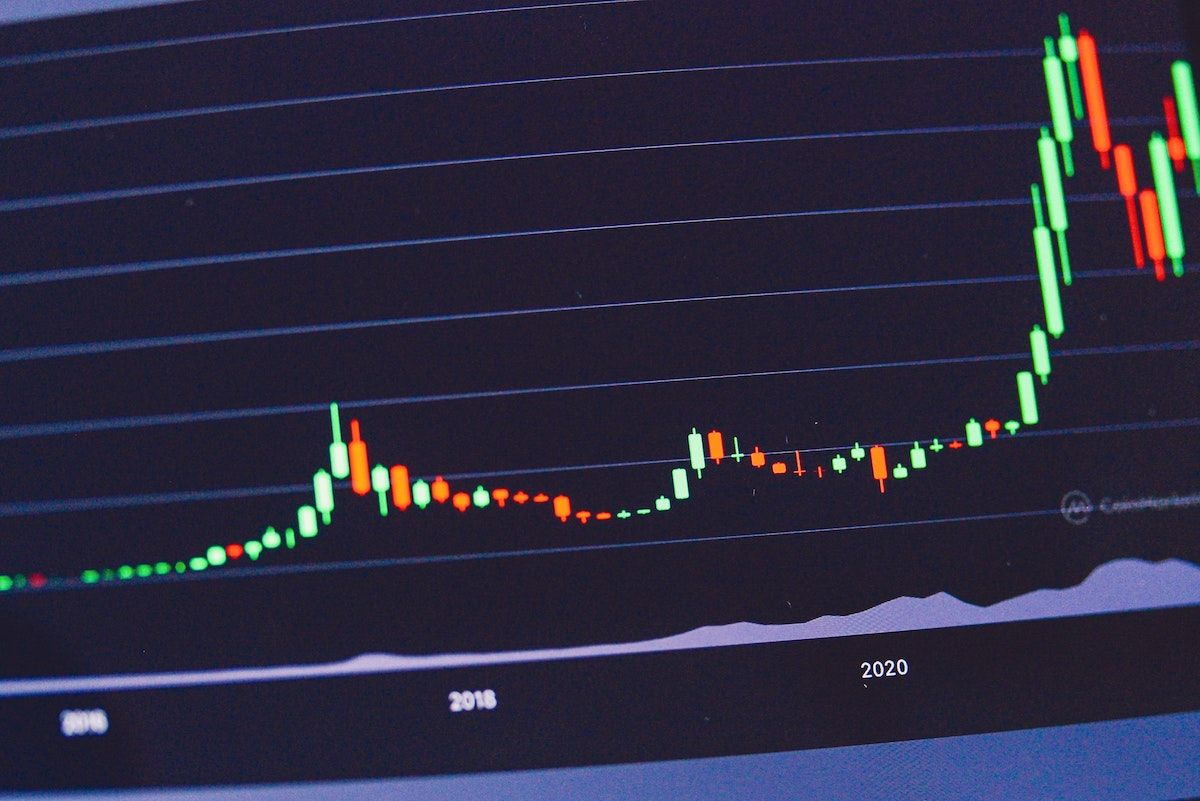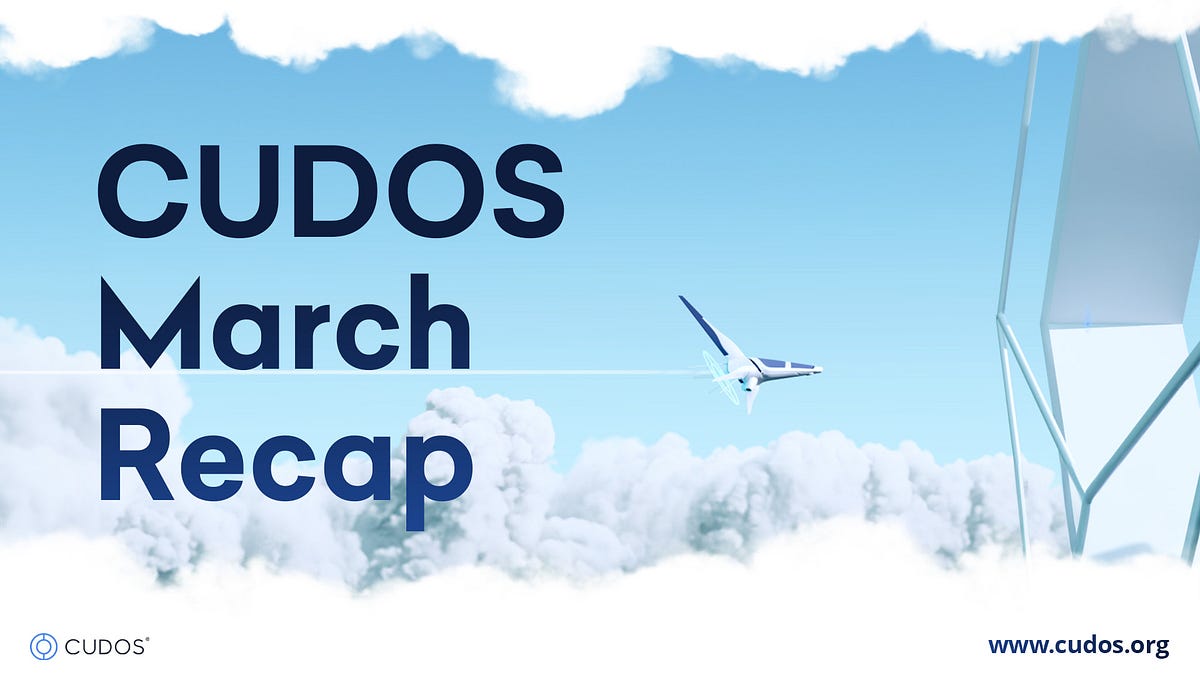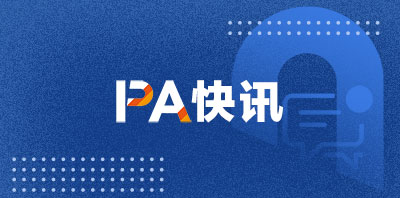Latest DePIN News

7 months ago
Solana's SOL Token Faces Challenges but Shows Signs of Recovery
Solana's native token SOL has recently faced challenges in maintaining its bullish momentum after peaking at $134 on April 14. Currently, SOL is trading 57% below its all-time high, primarily due to a notable decline in decentralized application (DApp) activity. However, analysts suggest that the altcoin's rally may not be over yet, citing a significant increase in deposits on the Solana network as a potential catalyst for short-term price recovery. With a total value locked (TVL) of $6.9 billion, Solana has positioned itself as the second-largest blockchain by TVL, outperforming competitors like Tron and Base in recent weeks.
In addition to its impressive TVL, Solana has reclaimed the top spot in decentralized exchange (DEX) volumes, surpassing Ethereum layer-2 solutions. In the week ending April 16, trading activity on Solana DApps reached $15.8 billion, exceeding the combined volume of Ethereum scaling solutions by over 50%. This surge was supported by notable increases in trading volumes on platforms such as Pump-fun and Raydium, while major Ethereum DApps like Uniswap and Curve Finance experienced declines. Furthermore, other DApps on Solana, such as Ondo Finance and Exponent, have also shown substantial growth in their total value locked, indicating a broader trend of increasing activity on the network.
Looking ahead, analysts are optimistic about the potential approval of a Solana spot exchange-traded fund (ETF) in the United States by 2025. However, expectations for significant inflows remain tempered due to a general lack of institutional interest and the recent underperformance of similar Ethereum ETF products. As investors await the results of a full audit of US federal agencies' crypto holdings, the future of SOL's price remains uncertain. Without external catalysts to attract new participants to the crypto ecosystem, the increase in TVL and DEX market share alone may not be sufficient to drive SOL's price to previous highs, such as the $180 level seen 45 days ago.

7 months ago
Crypto Market Declines as XYO Launches New L1 and Everclear Goes Live
In the latest crypto news, the market is experiencing a downturn, with the global cryptocurrency market capitalization falling by 1.6% to $2.79 trillion. Daily trading volumes have also decreased to $86 billion, indicating a sluggish trading environment. Among the top 100 cryptocurrencies, only a few have seen gains, with Story (IP) leading the way with a 7.1% increase, while XDC Network (XDC) suffered the most significant drop at 6.9%. Bitcoin (BTC) remains relatively stable, appreciating by 0.7%, while Ethereum (ETH) and other major coins like Dogecoin (DOGE) and TRON (TRX) are also down, reflecting the overall bearish sentiment in the market.
In a significant development, XYO has announced its migration from the Ethereum L2 ecosystem to its own Layer 1 (L1) blockchain focused on Decentralized Physical Infrastructure Networks (DePIN). This move comes in response to the need for a blockchain that can efficiently handle large volumes of real-time data. XYO is introducing a new consensus mechanism called Proof of Perfect, which aims to enhance transaction processing efficiency by allowing nodes to focus on recent transactions while archiving older data. Additionally, XYO is launching a new utility token, XL1, which will work alongside the original XYO token to support scalable network operations.
Furthermore, Everclear, a cross-chain clearing and settlement protocol, has successfully launched its mainnet, offering zero-fee rebalancing and expanding support to Solana and other chains. The protocol aims to streamline digital asset transactions across multiple chains, similar to how Visa and SWIFT revolutionized traditional banking. In another notable announcement, UFC CEO Dana White has joined blockchain firm VeChain as an advisor, bringing his expertise in brand expansion and fan engagement to help promote blockchain adoption in mainstream markets. This collaboration is expected to enhance VeChain's sustainability initiatives and increase awareness of blockchain technology in sports communities.

7 months ago
BlockDAG: The Leading Contender for Future Crypto Success
As the cryptocurrency market begins to recover from its early-year stagnation, traders are increasingly focused on projects that not only show current promise but also demonstrate long-term viability. Among the various contenders, BlockDAG has emerged as a frontrunner for 2025, boasting a presale that has already garnered over $214 million and a rapidly growing community of over a million users. This impressive traction is attributed to BlockDAG's innovative architecture, which combines a Directed Acyclic Graph (DAG) structure with Proof-of-Work, allowing for parallel transaction processing and enhanced scalability. With a Beta Testnet already live and a mainnet launch on the horizon, analysts are optimistic about BlockDAG's potential, projecting a target price of $1 within the next 12 to 18 months.
In contrast, other notable projects like Polygon, Solana, and Filecoin are also making headlines but face their own challenges. Polygon recently partnered with Jio Platforms to boost Web3 adoption in India, yet its token MATIC has struggled to gain traction, trading around $0.178. Similarly, Solana continues to attract attention due to its speed and developer-friendly ecosystem, but recent token unlocks have created short-term headwinds, causing traders to exercise caution. Meanwhile, Filecoin experienced a brief surge following its listing on the Upbit exchange, but its long-term sustainability remains uncertain amid stiff competition in decentralized storage.
Ultimately, while each project brings unique strengths to the table, BlockDAG stands out due to its combination of robust technology, early-stage access, and rapid user adoption. The project's presale success and the impending rollout of its mainnet and exchange listings position it as a compelling option for investors looking for the best crypto for the future. With its current price at $0.0248, BlockDAG offers significant upside potential, making it a project worth watching closely in the evolving cryptocurrency landscape.

7 months ago
DeNet Shares Vision on Rising Data Storage Costs and Data Sovereignty
April 14, 2025 – As global trade wars escalate, threatening millions of petabytes of data and driving up storage costs, DeNet is launching its Node Sale to empower a decentralized, sovereign solution.
Tariffs between the US, China, and Europe—now at 145% on Chinese imports and 125% on American goods—are disrupting data center supply chains, inflating equipment prices, and destabilizing energy markets. Centralized data centers face a grim choice: raise fees, risk outages, or shut down entirely, impacting businesses and consumers worldwide.
DeNet’s Node Sale is a key step in launching the newest version of decentralized storage protocol, which is 90% ready. By enabling individuals and organizations to become Datakeeper nodes through the sale, DeNet is building a global network that ensures secure, cost-effective, and sovereign data storage—critical in today’s volatile economy.
“As data sovereignty develops, users, businesses, and states face a choice: rely on regional data centers or opt for decentralized solutions like DeNet to avoid risks of information appropriation. DeNet’s protocol, deployable on various blockchains, can be launched locally within the borders of one state and region; it ensures secure, privacy-first storage for all”, says Rafik Singatullin, co-founder of DeNet.
DeNet’s current Datakeeper Node Sale is a closed and highly focused event only for those with reservations, running from April 10 to April 17, 2025. In the future, the company may conduct new sales, information about which can be found in their community.
About DeNet:
DeNet is a programmable DePIN storage layer that unlocks the global potential of unused storage through tokenized RWA capacity. With over 3.5 million users entrusting 15 million files and 1.6 million Watcher Node devices worldwide, DeNet stands out as a fully operational solution, solidifying its leadership in decentralized storage.
Website: https://denet.pro/
Twitter/X: https://x.com/DeNetPro

7 months ago
Helium Secures Regulatory Victory, Price Surges Amid DePIN Momentum
In a significant development for Helium and the Decentralized Physical Infrastructure (DePIN) movement, the U.S. SEC has officially dismissed its claims of unregistered securities against Helium with prejudice. This ruling means that the SEC cannot refile these charges, effectively clearing a major regulatory hurdle for Helium. As a result, the Helium Network and its associated tokens—HNT, MOBILE, and IOT—can now operate with renewed confidence. Following this announcement, the price of Helium (HNT) surged over 6%, reaching levels not seen in months, raising questions about its potential for further gains.
This regulatory clarity is a pivotal moment not only for HNT holders but also for the broader cryptocurrency landscape. The SEC's acknowledgment that Helium Hotspots and its token distribution do not constitute securities removes a significant barrier to adoption. This development allows Helium to expand its operations globally, attract new partnerships, and pursue integrations without the looming threat of legal complications. The positive sentiment among investors is evident in the price charts, which reflect a bullish trend as Helium prepares for a new phase of growth.
From a technical perspective, Helium's daily chart indicates a breakout, with the price climbing to $3.72 after weeks of consolidation. The token has reclaimed key moving averages, suggesting strong bullish momentum. If HNT maintains its position above the 100-day SMA at $3.71, it could target the 200-day SMA at $5.32, representing a potential 40% increase. Additionally, the hourly chart shows a recent parabolic spike followed by healthy consolidation, indicating that while profit-taking is occurring, the overall bullish trend remains intact. With the SEC's decision paving the way for Helium's future, projections for HNT could see it reaching between $5.00 and $6.00 in the near term, solidifying its status as a leader in the DePIN sector.

7 months ago
Top Cryptocurrencies to Watch: Fartcoin, Solana, and Arbitrum
Last week, the cryptocurrency market experienced a mixed performance, with notable tokens like Onyxcoin, Fartcoin, Jasmy, Hyperliquid, and Helium witnessing significant gains. In contrast, other altcoins such as Tezos, EOS, Movement, Toncoin, and Ethereum faced double-digit declines. Bitcoin remained in a consolidation phase, despite the US dollar index dropping and U.S. equities fluctuating. This article highlights Fartcoin, Solana, and Arbitrum as the top cryptocurrencies to monitor this week due to their recent performances and market dynamics.
Solana, a prominent layer-1 network, is gaining attention this week due to a notable increase in transactions. According to Nansen data, Solana's transactions surged by 6.6% over the past week, reaching 355 million, while transaction fees exceeded $6.15 million. Additionally, Solana has surpassed Ethereum in decentralized exchange transactions, processing over $15 billion recently. The SOL price has rebounded to $129 after hitting a low of $94.65 earlier this month, with potential for further gains as it approaches the 38.2% Fibonacci Retracement level at $170.
Fartcoin is another cryptocurrency to watch, having surged over 364% from its lowest point this year, marking its highest level since February 1. This surge is attributed to whale accumulation, creating a fear of missing out among investors. Technically, Fartcoin has formed a cup and handle pattern, indicating potential for further upside, with bulls targeting a key resistance level at $1.5. Meanwhile, Arbitrum, despite being in a downtrend, has seen a 40% increase in DEX transaction volume, reaching $4.6 billion. As it approaches a milestone of $500 billion in DEX transactions, the upcoming token unlock worth over $28 million could influence ARB's price, which has formed a bullish divergence pattern, suggesting a possible rebound ahead.

7 months ago
Conor McGregor's REAL Memecoin: A Cautionary Tale in Crypto Fundraising
Conor McGregor, the renowned Irish mixed martial artist, has recently ventured into the cryptocurrency space with the launch of his memecoin, "REAL." This digital token aims to revolutionize the crypto landscape by offering staking rewards and governance rights within its ecosystem. However, the fundraising efforts for REAL faced significant challenges, raising only $392,315 out of a targeted $1,008,000 during a 28-hour presale. The auction's failure prompted the Real World Gaming (RWG) decentralized autonomous organization to announce full refunds for all bids, as McGregor continues to promote the project with his characteristic enthusiasm, stating, "Ladies and gentlemen, this is REAL!" The team is now considering a relaunch with a revised fundraising strategy to enhance the token's appeal.
Several factors contributed to the unsuccessful fundraising of the REAL memecoin. The launch coincided with a downturn in the cryptocurrency market, where major coins like Ether and Solana experienced significant declines. Additionally, economic uncertainties stemming from global tariff reorganizations and fears of recession made investors more cautious. The memecoin space has also been marred by scams, leading to a general distrust among potential investors. Misinterpretations of REAL's objectives and skepticism towards celebrity-backed tokens further complicated the fundraising efforts, as many viewed it merely as another celebrity-endorsed project.
The failure of REAL's fundraising serves as a cautionary tale for investors in the crypto space. It underscores the importance of looking beyond celebrity endorsements and understanding the fundamentals of a project. Investors should conduct thorough research to assess a token's utility, community engagement, and overall credibility. The incident highlights the need for regulatory clarity in celebrity endorsements to protect retail investors and maintain the integrity of the cryptocurrency market. As the crypto landscape continues to evolve, genuine trust and long-term vision will prove more valuable than mere fame in fundraising efforts.

7 months ago
CUDOS March 2025 Recap: Record Compute Growth and Strategic Partnerships
March 2025 proved to be a pivotal month for CUDOS, showcasing significant advancements in the CUDOS Intercloud and ASI ecosystems. The month was marked by record-breaking compute growth, with 250,660 compute hours delivered, representing the highest single-month total to date. This surge in demand, particularly from AI and Web3 workloads, contributed to a monthly revenue increase of 30%, reaching $180,000. The total ecosystem revenue surpassed $1.5 million, highlighting a robust shift towards distributed computing, with a total of 1.6 million compute hours logged, up 17% from February. The user base also expanded to 17,000, indicating a growing adoption among developers and node operators seeking alternatives to centralized cloud solutions.
The collaboration between CUDOS and the ASI Alliance, which includes Fetch.ai, SingularityNET, and Ocean Protocol, has also matured over the past year. CUDOS has successfully integrated into the ASI stack, serving as the distributed compute layer, and completed the token migration with $FET, enabling wallet-native usage. This partnership is aimed at building a distributed, privacy-first AI future, emphasizing the importance of computing without compromise. The integration of CUDOS with ASI reflects a commitment to advancing distributed intelligence and self-sovereign AI architectures.
In addition to these developments, CUDOS launched a partnership with Rainfall, a privacy-preserving personal AI platform, enhancing node deployment integration. This collaboration allows node operators within the Rainfall ecosystem to utilize CUDOS Intercloud for scalable, low-cost compute solutions. Furthermore, CUDOS introduced a referral program to incentivize users to share their network, offering commissions in $FET for successful referrals. As demand for compute resources continues to rise, CUDOS is set to enhance its platform with new features, tutorials, and community support, paving the way for future innovations in distributed computing.

7 months ago
SEC Dismisses Lawsuit Against Nova Labs, Clarifying Helium's Token Status
The U.S. Securities and Exchange Commission (SEC) has officially dismissed its lawsuit against Nova Labs, the company responsible for the Helium Network. This decision clarifies that the tokens and hotspot devices associated with the Helium blockchain do not qualify as securities. Helium stated that the SEC's ruling indicates that "selling hardware and distributing tokens for network growth does not automatically make them securities." This landmark decision not only sets a precedent but also alleviates legal uncertainties surrounding the regulatory treatment of decentralized physical infrastructure networks, marking a significant shift in the SEC's approach under new leadership.
The lawsuit, originally filed on January 17, accused Nova Labs of violating securities laws through unregistered offerings and misleading investors regarding partnerships with major corporations like Nestlé and Salesforce. The dismissal of this case is particularly notable as it was one of the last enforcement actions taken by former SEC Chair Gary Gensler before his departure. Helium co-founder Amir Haleem described the SEC's actions as "the last gasp of a failed crusade against crypto companies in the U.S." Following the dismissal, Nova Labs reached a modest settlement of $200,000 related to its Series D equity financing, which is significantly lower than penalties imposed in previous crypto-related cases.
The resolution of this case is part of a broader trend of reversals by the SEC under the newly appointed leadership of Paul Atkins, who was confirmed by the Senate. During the interim period after Gensler's exit, the SEC has moved to dismiss several major crypto enforcement actions and has issued statements exempting various crypto activities from securities regulation. Despite the positive news for Helium, the network's native token, Helium (HNT), saw little movement, remaining at $2.76 according to CoinGecko data.

7 months ago
DoubleZero and Roam: Pioneering the DePIN Landscape on Solana
In a significant development within the DePIN ecosystem, the DoubleZero Foundation has secured a remarkable investment of $28 million from top venture capital firms, including Dragonfly and Multicoin Capital. Founded by Austin Federa, who previously played a pivotal role at the Solana Foundation, DoubleZero aims to create a robust web3 infrastructure by addressing the challenges faced by current blockchain networks. The project is designed to enhance bandwidth and reduce latency, facilitating smoother operations for web3 applications. The investment signals strong support from the Solana ecosystem, indicating a collective effort to build a physical infrastructure network that can rival traditional web2 solutions.
Another noteworthy project, Roam, has emerged as a decentralized wireless network built on the Solana blockchain. Launched on March 6, Roam aims to provide seamless WiFi and eSIM connections globally, boasting over 2.3 million users and 2 million WiFi nodes across 190 countries. With a market capitalization exceeding $60 million, Roam utilizes blockchain technology to ensure secure connections and automatic network switching. Its innovative approach, combined with a strong incentive mechanism for users to share WiFi, positions Roam as a leading player in the DePIN space, drawing comparisons to Starlink for its ground-based communication solutions.
As of mid-March 2025, the DePIN ecosystem on Solana has flourished, with a market value surpassing $25 billion. This growth is attributed to Solana's technical advantages, such as high throughput and low transaction costs, making it an attractive platform for DePIN projects. The Solana Foundation's proactive support through funding and hackathons has further nurtured this ecosystem. With approximately 78 DePIN projects currently active on Solana, including notable names like Helium and Render Network, the platform is poised to lead the way in decentralized physical infrastructure, showcasing its potential to reshape the future of connectivity and data sharing in the blockchain space.
Signup for latest DePIN news and updates